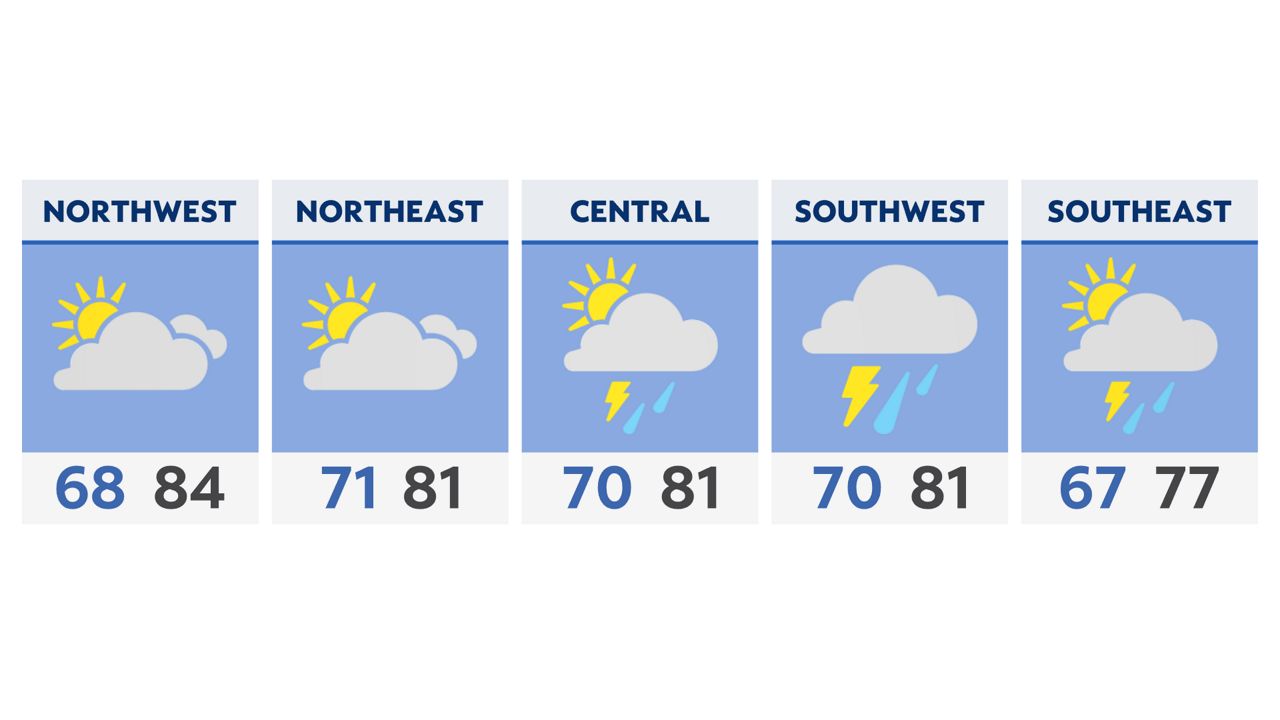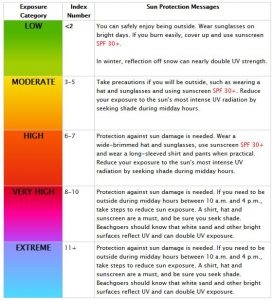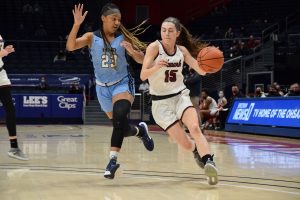CLEVELAND — Seven candidates vying to be Cleveland’s next mayor took to the stage Tuesday in a second and final debate.
What You Need To Know
- In November, Clevelanders will have the opportunity to choose a new mayor for the first time in 16 years
- The seven candidates vying to be the city’s next mayor made their case to voters during the second and final debate
- Early in-person voting runs through Sept. 13 at the Cuyahoga County Board of Elections
Hosted by Ideastream and the City Club of Cleveland, the candidates took questions for about 90 minutes. The questions were submitted by viewers on education, jobs, the economy, environment and transportation. Ideastream reporter Nick Castale served as moderator.
Several questions on education started the debate.
Sen. Sandra Williams said the city needs to close the “digital divide,” which affected many students during the pandemic, rendering many unable to take the online classes.
Williams called for an “intensive, targeted approach” to catching students up, that features tutoring before and after school and on weekends.
Candidate Basheer Jones, Cleveland’s Ward 7 councilman, also pointed to the digital divide. For students to be able to catch up, they must be better equipped with laptops and reliable WiFi, he said.
Jones emphasized wrap-around services, and said they are vital for the success of students in the Cleveland Metropolitan School District.
Candidates were asked how they would improve the school system in their first 90 days in office.
Candidate Justin Bibb said improving the educational system is critical and requires investment in year-round tutoring, mentoring and apprenticeship programs for students, as well as investment in teachers.
Attracting new families to the city and students into the school system could be done through effective outreach and family coordinators, said City Council President Kevin Kelley.
Former U.S. Rep. Dennis Kucinich said families must first be assured schools are safe and schools must be tested for lead poisoning, to ensure children are well.
The candidates also weighed in on jobs, including creating jobs that pay a living wage.
Former Cleveland Councilman Zack Reed said reimaging the public schools to bring back vocational training would create many jobs.
Reed said educators need to talk to students to better understand what they need to be job ready.
Kelley agreed, saying the city should go back to begin restructuring classes at fifth or sixth grade.
“This is the most critical issue facing our city and the future of our economy,” he said.
Williams agreed that job training should begin earlier in the education system.
“The root of the problem is we are graduating people who are not job ready,” she said.
Candidate Ross DiBello said the local economy is not set up to benefit Clevelanders, and more than service industry jobs are needed downtown.
“We have to fund small and new businesses in the outer neighborhoods with tax dollars so we’re not increasing the wealth of a select few,” DiBello said. “Crony capitalism has to end.”
There is no economy without education, Jones said. More of the city’s resources should go toward offering wrap-around services that include social and emotional programming in schools.
Cuyahoga County’s Primary Election will be held Tuesday, Sept. 14.




